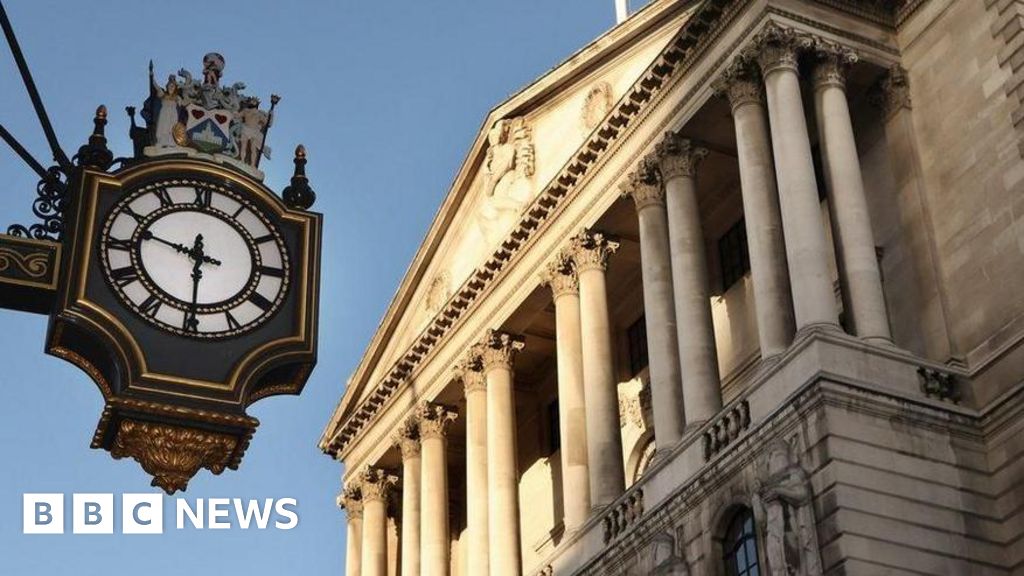ARTICLE AD BOX
Raab: Domestic abuse law change shows we're on victims' side
Taking photos of breastfeeding mothers in public without their consent is to be made a crime in England and Wales.
Justice Secretary Dominic Raab said the move would stop women being "pestered, whether it's for self-gratification or for harassment purposes".
Campaigners welcomed the decision, saying it would support mothers in their daily lives.
The law will form part of the the Police, Crime, Sentencing and Courts Bill going through Parliament.
Mr Raab also confirmed another amendment to the bill to give victims of domestic abuse more time to report crimes to police, and "plug gaps" in the law that risks offenders escaping justice.
He confirmed the six-month time limit in cases of common assaults involving domestic abuse will be extended, after the BBC revealed almost 13,000 such cases in England and Wales had been dropped in the past five years.
Labour MPs Jeff Smith and Stella Creasy have led the campaign in the Commons to make taking pictures of breastfeeding mothers illegal after a constituent contacted them about being photographed with a long lens camera in a local park.
'Disgusting behaviour'
But when Manchester-based designer Julia Cooper told the police about the incident, they said there was nothing they could do as no crime had taken place.
Ms Creasy had her own had her own experience of being photographed by a teenager on a train when feeding her child, telling the BBC it was a "horrible experience" that made her feel "so self-conscious".
She and Mr Smith put forward an amendment to the Police, Crime, Sentencing and Courts Bill when it came to the Commons in June, calling for a change in the law.
But while Home Office minister Victoria Atkins called taking these photos "unacceptable, creepy and disgusting behaviour", she said the government was waiting for a review from the Law Commission on how best to act.
Image source, PA Media
Image caption,Stella Creasy - pictured here with her son in the Commons - was also photographed when breastfeeding her child
Now there has been a change of heart in the Ministry of Justice, with government minister Lord Wolfson putting forward his own an amendment to the bill in the Lords.
It will make a new offence of "recording images of, or otherwise observing, breastfeeding without consent or a reasonable belief as to consent" and to be found guilty, the perpetrator "must be acting for the purpose of obtaining sexual gratification or of humiliating, alarming or distressing the victim".
Ms Creasy welcomed the move, saying it would "allow more mothers to carry on with their daily lives without being harassed, especially when part of that is feeding your child - one of the most natural things you can do".
But she also said it showed the importance of having more mothers in Parliament - another campaign she is leading - to make sure their voices were heard on the issues that affected them.
Time limit on abuse charges
The other amendment being made to the same bill focuses on extending the six-month time limit victims of common assault face in England and Wales when it comes to reporting the crime.
The clock starts from the date of the incident, and within the next six months, a victim needs to have come forward and the police have to have carried out their work to secure a charge against the alleged perpetrator, or the case will be dropped.
But victims of domestic common assault - which includes things like a push, threatening words or being spat at - are sometimes reluctant to report incidents and the cases can be complex.
The BBC found 13,000 cases had been dropped in five years because of the time limit being breached, with campaigners calling for the police to be given more time before having to bring charges.
In October, the BBC was told Home Secretary Priti Patel backed increasing the time limit to two years, but nothing official was announced.
Now, her cabinet colleague, Mr Raab, has confirmed the starting point for the sixth month time limit will change - from the point of the offence to when the crime is reported to police.
"The reason is that if you've been the victim of domestic abuse, it takes time to physically recover, to emotionally recover, and then to muster the competence, the courage to come forward," he told the BBC.
"We want to make sure that the perpetrators of abuse cannot evade justice by being timed out.
"We want to support the victims of abuse, allow them to come forward and show that we're on their side and bring these awful crimes to account."
But Mr Raab admitted bringing successful prosecutions for domestic abuse and other violent crimes was a "huge challenge".
He said the government had a "rigorous and robust" package in place to support women who'd been subject to abuse or violence, but was "constantly looking for ways to do better".

 3 years ago
106
3 years ago
106








 English (US) ·
English (US) ·